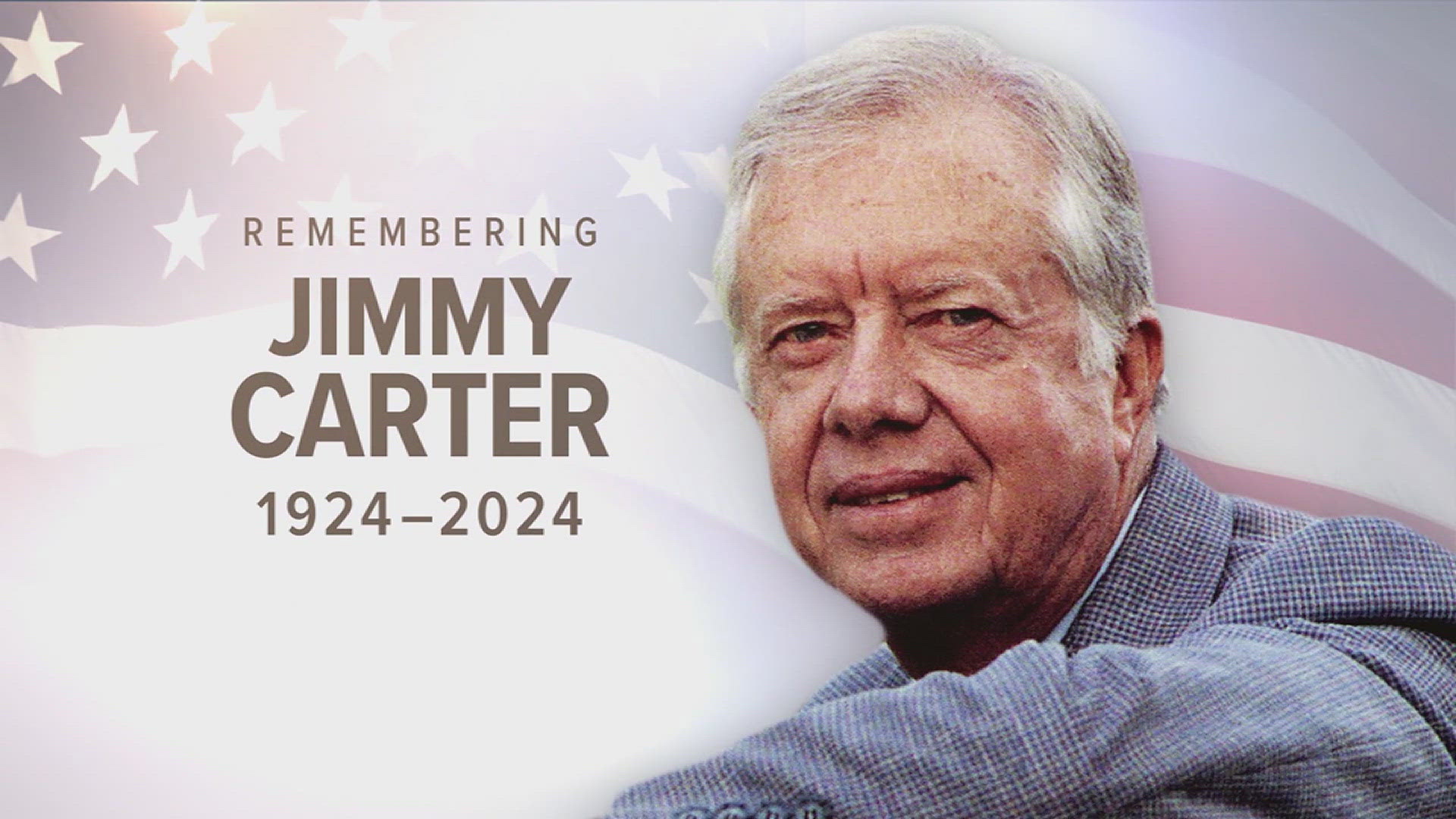(Akiit.com) The expectations of the New Year has us all expecting change on some level.
Change in the nation’s political direction; change in the global situation; change in the economy; change in the job markets; change in the schools; change in our local communities; change in our personal lives. Funny thing about change?
It’s much like the expectations of a new relationship, the reality is always less than the expectation. What you project as the reason for you hooking up is not what’s delivered when the deal’s been done.
What’s never discussed in the “change debate” is who’s actually going to change. The devil is always in the details. How change is worked out in 2009 will be the litmus test as to whether we really are a changed nation.
Change. Never has a one word message resonated so loudly with the American public. Barack Obama branded “change” in a way that made you want to go out and buy some. He created a new segment in the economy called Obama Capitalists, people who produce commodities around Obama, his accomplishment and his change message.
It’s one of the few growth industries in a failing economy. But while people are trying to buy themselves some “change” stuff, consumerism not really being a change engagement, does it mean people will be willing to practice what they wear? Which takes us to the question, what is change-who is change-and how is it measured?
Moreover, is change an engagement or an observation? In real terms, is it a contact sport, or is it something we watch on television and root for, with our Barack t-shirts on (like football fans with their football jerseys)? Can Barack make change happen if he can’t inspire others to change? Well, he inspired us to vote for him, but that was the easy part. We’ve made the change, now we have to made change happen. How do we do that? All interesting questions as we prepare to launch a new year based on this commodity we all are calling “change.”
If change is a commodity, who’s “to do” list does it go on. Change agents call for change (and often times get what they ask for because of the newness of it), but who is the postman for change-responsible for making sure change gets delivered. What is change’s address, where is its destination? In the prescription for change, who measures the dosage? How much change is enough, versus knowing when the change hasn’t been sufficient? We see partial change all the time. Complete change rarely happens. How do we know change is on the way? Because there is a new figurehead? Do we know change when we see it coming?
If so, do we embrace it or do we run from it? Most people run from the unfamiliar. They resist change as something new to learn, or as a burden to them functionalizing someone unproven idea. People like the idea of change-as long as they don’t have to do it. It’s like moving-people would rather bring the food and beer than carry a couch or refrigerator up three flights of stairs. In this instance, the three flights of stairs are; a one trillion dollar federal deficit that make it difficult for government to while the economy is putting people out of work (one flight), two wars abroad (two flights) and home foreclosure crisis that is causing people to lose their wealth and shelter (three flights). So far, attempts at change–$700 billion dollar Wall Street bailout, mortgage modification assistance, deployment rollback and exit strategies, Auto Industry layoffs, have all been met with the same social illness that existed before the change mantra came along, “analysis paralysis.” So much gum banging that you can’t do anything but sit there in your Barack t-shirt, with a bag of popcorn, and wonder what’s going to happen next. We know the problem, but can’t agree on solutions. Any solution has been complicated by this “two Presidents at a time” show that has a shadow President (elect) trying to egg on a lame duck President. It’s like watching a tug of war, two people against a ton of bricks. Obama is the only one tugging. Bush is just holding the rope, waiting for the clock to run out. Change, huh?
2009 is going to be a year to watch, but change is not a spectator sport. Change in America is only going to come about when we all engage. Obama’s candidacy and election tickled our imagination. Now it’s time for us to tickle our reality in a way that moves us off the dime and in a direction that improves our quality of life. Change is a contact sport. The American people are going to have to hit the wall of mess left by Bush. Don’t be surprised when the wall hits back. Change will have to leave a whole in the wall, at worse, or knock the wall down, at best. One thing we know for sure.
We all have our work cut out for us. Change is more than a mantra.
Written By Anthony Asadullah Samad









Leave a Reply